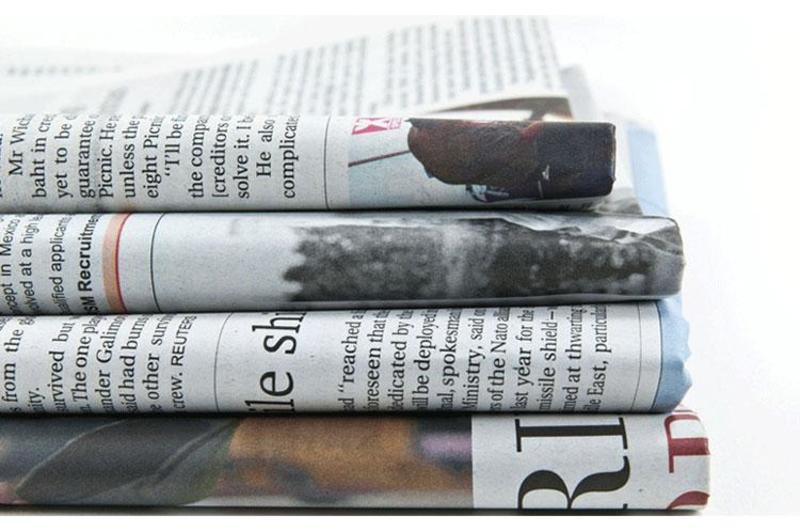By T. D. Flack | Stars and Stripes January 18, 2003
PANMUNJOM, South Korea — Master Sgt. Jeff Holbrook stood at attention Thursday in the Joint Security Area of the Demilitarized Zone between the Koreas, an area he describes as a disarmingly beautiful place that can quickly turn ugly with violence.
Holbrook knows firsthand.
He was sergeant on duty in the JSA on Dec. 23, 1984, when a Russian tourist bolted across the demarcation line from North Korea, bringing a hail of deadly gunfire and sparking a 24-minute battle between the U.S.-South Korean forces and the North Korean guards.
Holbrook, 54, was on duty at Camp Kitty Hawk, now Camp Bonifas, that day. His commander selected him to work as the S-2, or intelligence officer, and he was there when the word came in about the attack.
As the North Korean guards and U.S. quick-reaction force exchanged fire about 2,400 yards north of his position, Holbrook worked the phones, contacting U.S. Forces Korea and 2nd Infantry Division leaders.
When the Neutral Nations Supervisory Committee finally negotiated the cease-fire, four soldiers — three North Korean and one South Korean — lay dead.
As for the Russian tourist, Vaseli Matuzok, 22, was not injured in the gunbattle and the U.S.-South Korean forces flew him via helicopter to Seoul. He was flown to Rome under the auspices of the U.N. High Commissioner for Refugess. His whereabouts today are unknown.
On Thursday, more than 18 years after the incident, Holbrook stood at the site of the firefight while Lt. Gen. Charles Campbell, the 8th Army commander, presented him with his Combat Infantry Badge.
“It’s been a long time coming,” Campbell said as he pinned the CIB to Holbrook’s uniform.
Holbrook, and the other men with him that day at the JSA, were authorized to received the CIB in March 2000. But he just found out about the award, a rather common occurrence, military sources said.
As friends and family sat under a blue JSA tent just outside the Freedom House, only yards from North Korea, Campbell spoke about Holbrook’s award.
“It is a well-deserved, if belated, recognition,” Campbell said over a public address system, his voice echoing throughout the JSA. “It also recognizes the actions of those who face danger in Korea, have faced danger in Korea … [and] continue to face danger in Korea in the present.
“The eyes of the world turned toward Korea after that defector incident … just as the eyes of the world are turned once again toward Korea today. Today, just as in 1984 and in 1953, we are reminded that we are not at peace on this peninsula. Not yet.
“Because we are not at peace today, we need soldiers … like Master Sgt. Holbrook who are not afraid to do their duty.”
Thursday was Holbrook’s first trip to the JSA since 1987, even though he has been on the peninsula the last four years. He said he knew how emotional the trip back would be, just a few months before he retires with 26 years of active-duty service.
“The unit and the soldiers made such a strong impact on me,” he said. “We were like a band of brothers. We worked hard, trained hard and respected one another.”
Before Thursday’s ceremony, Holbrook placed flowers and lit a stick of incense on the marker memorializing Jang Myong-ki, the South Korean killed in the firefight. With fellow soldiers standing in the background, Holbrook bowed and saluted.
He said he has the utmost admiration for the soldiers who stand duty today in the JSA, where the motto is “In Front of Them All.”
“I have more than respect … I’m in awe for the guys up there doing it now,” he said. “The sense of duty is almost palatable. You could sense it, feel it, taste it.”
But he also knows how quickly that beauty can turn ugly.
“People think, ‘How could something bad happen here?’ ” he said. “Guess what? It happens in a heartbeat.”




